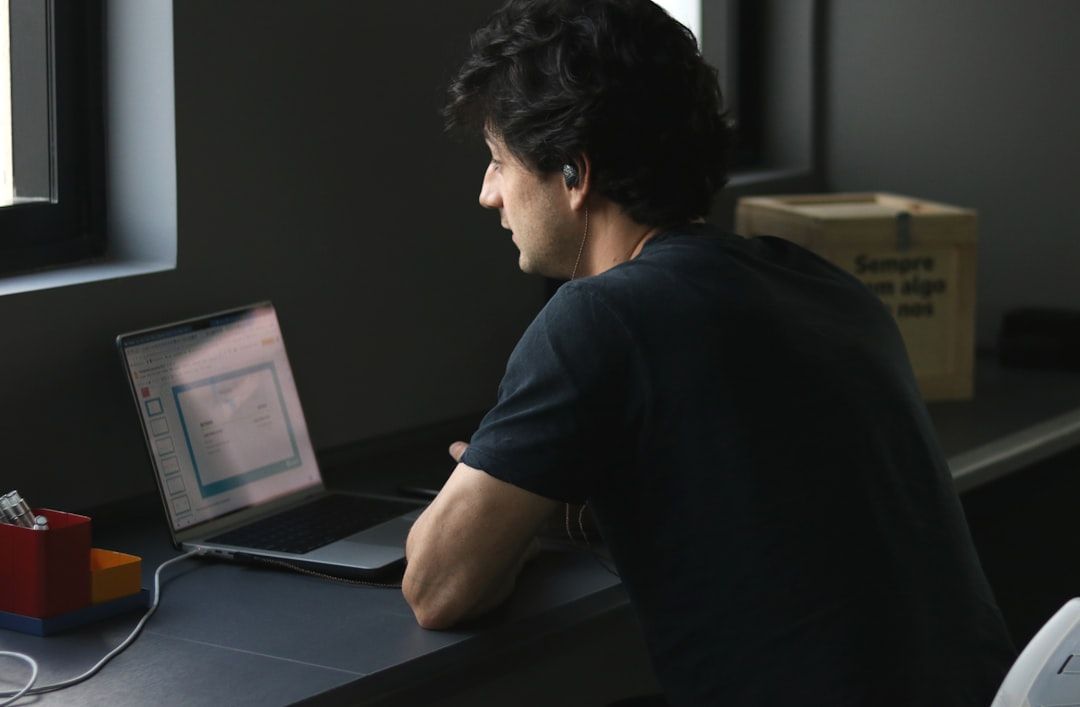Ever heard someone mention residential proxies and wondered, “Wait, are those legal?” Don’t worry, you’re not alone. It sounds technical. But we’re here to break it down in plain English. And yes—it can actually be kind of fun!
Let’s start with what residential proxies even are.
What is a Residential Proxy?
A residential proxy is like a mask on the internet. It hides your real IP address by routing your internet traffic through another person’s IP. That IP comes from a real home device connected to the internet through an internet provider.
This makes it look like you’re browsing from a different place—like Chicago, Madrid, or Tokyo—when you’re really at home in your pajamas.

OK, But Are They Legal?
*Good news first:* Residential proxies are not illegal by themselves. It’s just a tool, like a car. And just like a car, it all depends on how you use it.
Here’s a quick way to look at it:
- Legal Use: Hiding your IP for privacy, accessing content in your home country while abroad, testing websites.
- Illegal Use: Hacking, identity theft, or scraping data from websites that explicitly forbid it.
So it’s all about intention.
Imagine This…
Let’s say you want to check how your website looks to users in New York. A residential proxy can help by making it seem like you’re visiting your site from New York—even if you’re sipping juice in Bali.
Totally legal.
Now, run that same proxy and use it to steal other people’s personal info?
Totally illegal.
Wait, Who Provides These Proxies?
Companies gather IPs from real user devices. This can happen two ways:
- With permission: A person installs an app, agrees to share idle bandwidth, and is rewarded.
- Without permission: Malware, hijacked devices, or shady free VPN apps.
Only the first one is ethical and legal. The second method? That’s shady and probably illegal, too.
Why Do People Even Use Them?
Good question! Residential proxies are in demand because they look “real” to websites. Data collectors love them, especially for:
- Market price comparisons
- Social media account management
- Advertising verification
- Bypassing geo-restrictions
But bad actors use them too. And that’s where the law steps in.

What Could Go Wrong?
If you unknowingly use a proxy from a hijacked device, you could land in legal hot soup. Not to mention trouble with website bans or lawsuits.
Some websites also ban proxies—any proxies—even if you’re using them legally. If you’re violating terms of service, that’s also a no-no.
How to Stay Safe
Worried now? Don’t be! Here’s how to stay on the right side of the line:
- Always choose legit proxy providers
- Read terms & policies
- Don’t use proxies for shady stuff
- Keep up to date on laws in your country
And don’t fall for “free unlimited proxy!” sites. These can be traps. If it sounds too good to be true… it probably is.
Final Verdict
Residential proxies = not illegal.
Using them for crime = illegal.
Simple as that.
They can be a powerful tool if used right. Just like a car. Drive safe, and don’t speed past the law!

